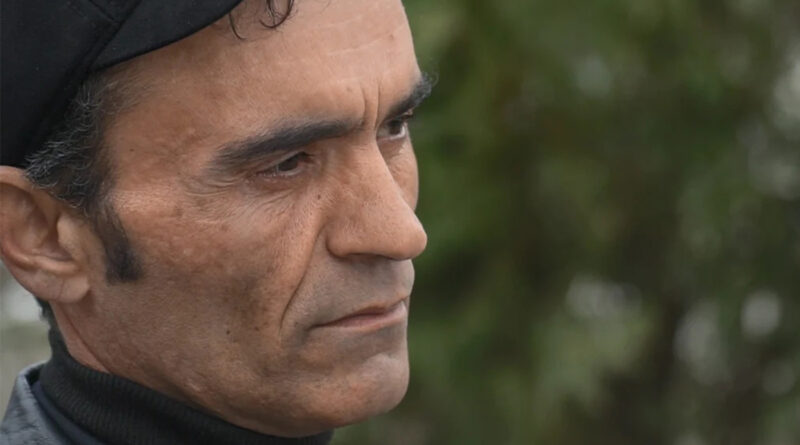Umarali Nabiev
“Tuberculosis harms our body, but the attitude and words of people who were your loved ones before the disease harm your psyche a hundred times more,” Umarali Nabiyev said.
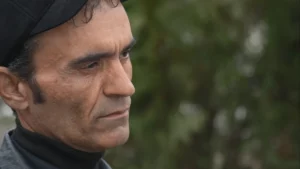
“I was feeling very sad, not because of my illness, but because of how people around me were treating me.”
Umarali Nabiev, aged 50, is aware of the harm that tuberculosis can cause both physically and mentally. In Tajikistan, discrimination based on tuberculosis can lead to poor treatment outcomes. Due to a lack of knowledge about the causes of tuberculosis and effective treatment methods, loved ones may turn away from and be ashamed of a patient. This can lead to delays in seeking treatment and non-adherence to the treatment plan. He has experienced tuberculosis twice and lost loved ones to the disease.
In 2011, while Umarali was working on a flour milling machine in the Russian Federation, he fell ill with tuberculosis. He began treatment and continued to work. In 2018, after returning to his home country, Umarali reported that he had tuberculosis of the lymphatic tissue in the city of Nurek, in southern Tajikistan.
Umarali talks about the stigma he faced during his illness. “When I got tuberculosis a second time, people started to point fingers at me. My friends and acquaintances stopped meeting with me. When I went to a place, people would stand up. It felt like I would never be able to lead a normal social life again.”
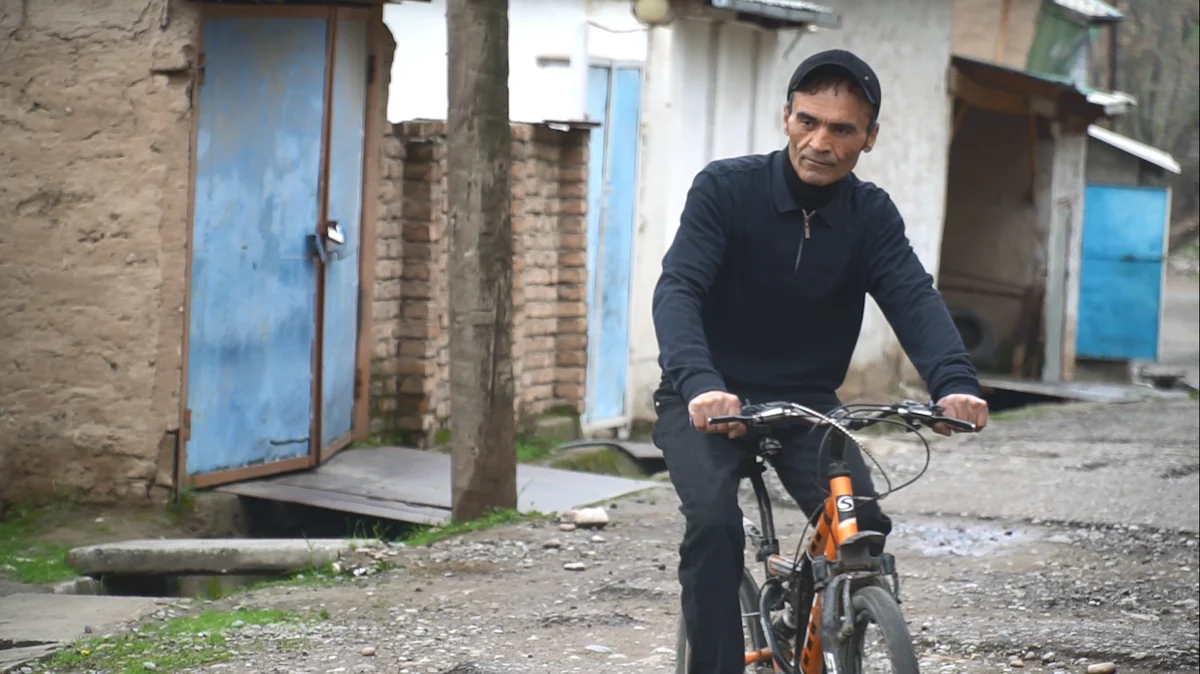
Umarali could not imagine living in a society where his rights were not respected.
For two long years, Umarali struggled with tuberculosis. Throughout his treatment, Umarali demonstrated curiosity and asked his doctors questions about how and when to take medication, why it was important to follow a healthy diet, and how best to adhere to a treatment plan. Umarali remained determined to recover, so despite the side effects of the medication, he continued taking the drugs in order to achieve his goal. In early 2020, while he was still undergoing treatment, Umarali attended one of the informational sessions organized by the USAID Tuberculosis Control Project field workers in Central Asia in the city of Nurek.
Umarali fondly remembers the event organized as part of the project – “For the first time, I felt positive about myself. The words of encouragement from the field workers gave me and other TB patients hope for recovery. It was like I had gained strength and changed my plans for the future.”
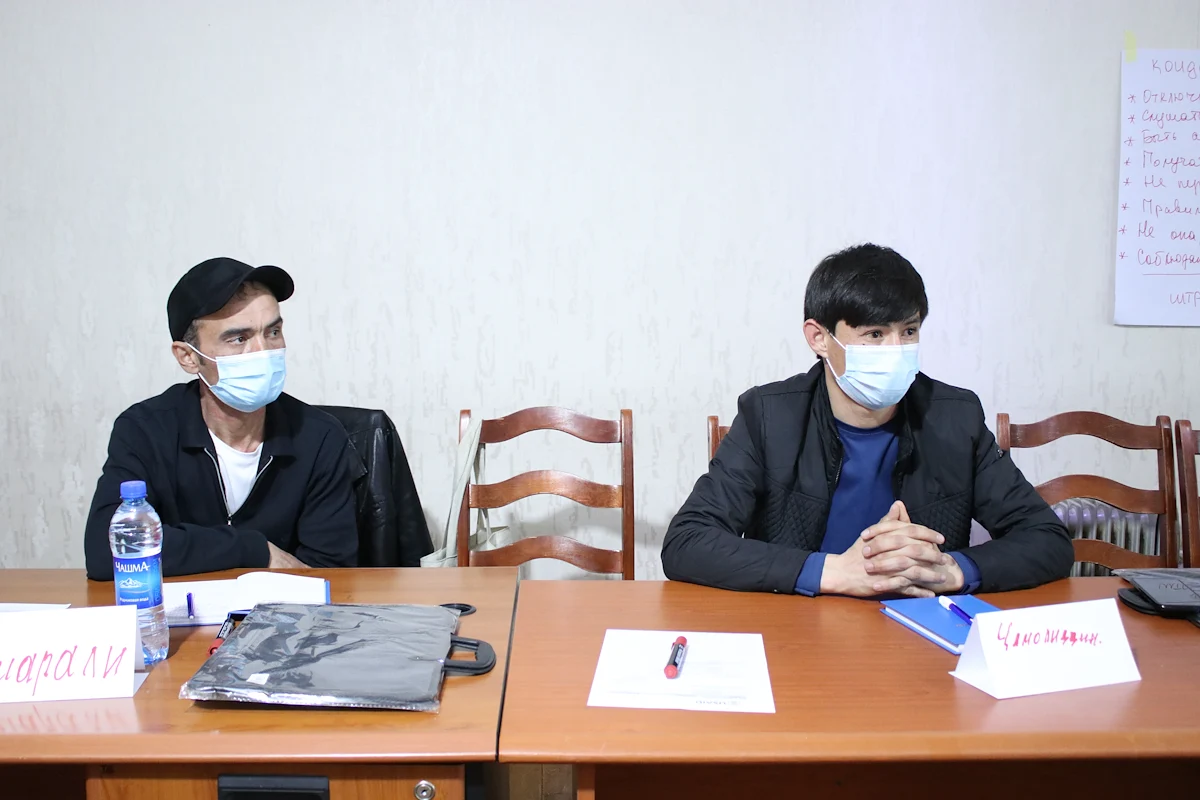
Umarali took part in a training event organized by the USAID Tuberculosis Eradication Project in Central Asia.
After the information event, Umarali expressed his dissatisfaction with the way he was treated. He explained to those present that tuberculosis was a treatable disease with no hereditary predisposition. Umarali took a bold step by complaining to an employee of the tuberculosis center in the city of Bokhtar about their disrespectful attitude towards patients with tuberculosis. As a result, the behavior of the medical professional was deemed unacceptable. The management of the TB center emphasized to all staff members that patients with tuberculosis should be treated with respect.
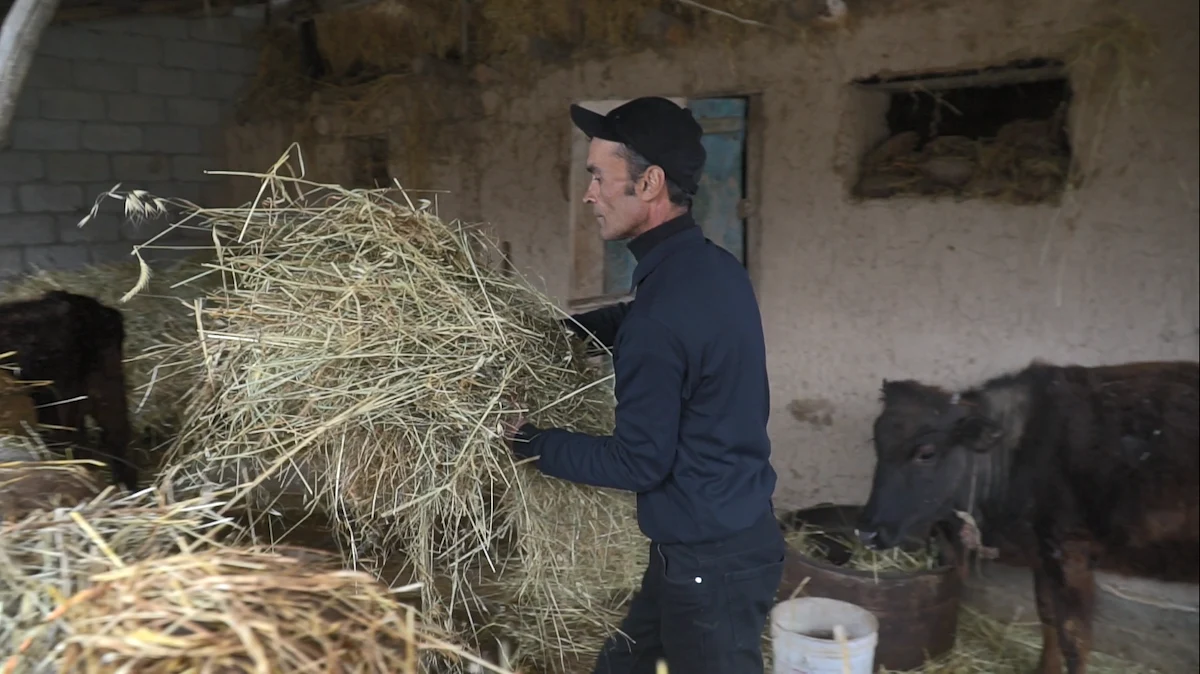
Umarali was able to protect his rights and get the treatment he needed.
In May 2020, Umarali’s doctor informed him that he had completely recovered from his illness. Umarli was overjoyed with this news and started to rebuild his life with new energy. He began actively searching for a job and learned that the USAID Tuberculosis Eradication Project in Central Asia was seeking a field worker. Based on his knowledge of tuberculosis and desire to help others, he applied for this position. His skills and enthusiasm were recognized, and he was hired for the job. In his new role, Umarli actively participates in identifying new cases of tuberculosis, advises patients on treatment regimens, and provides social support to those facing drug-resistant forms of the disease. He has even trained one of his patients, guiding them through the intricacies of being a field worker themselves. Together, they are working to reduce tuberculosis cases in Nurek, contributing to a healthier future for the region.
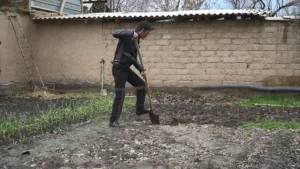
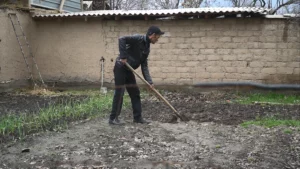
Today, Umarali is back to normal life and even helping to recover from tuberculosis.
Umarali not only works, but he also actively participates in society. He fights against discrimination and violations of the rights of vulnerable groups, both at work and in daily life. In his radio interviews, Umarali speaks about the importance of supporting tuberculosis patients and the disease itself.
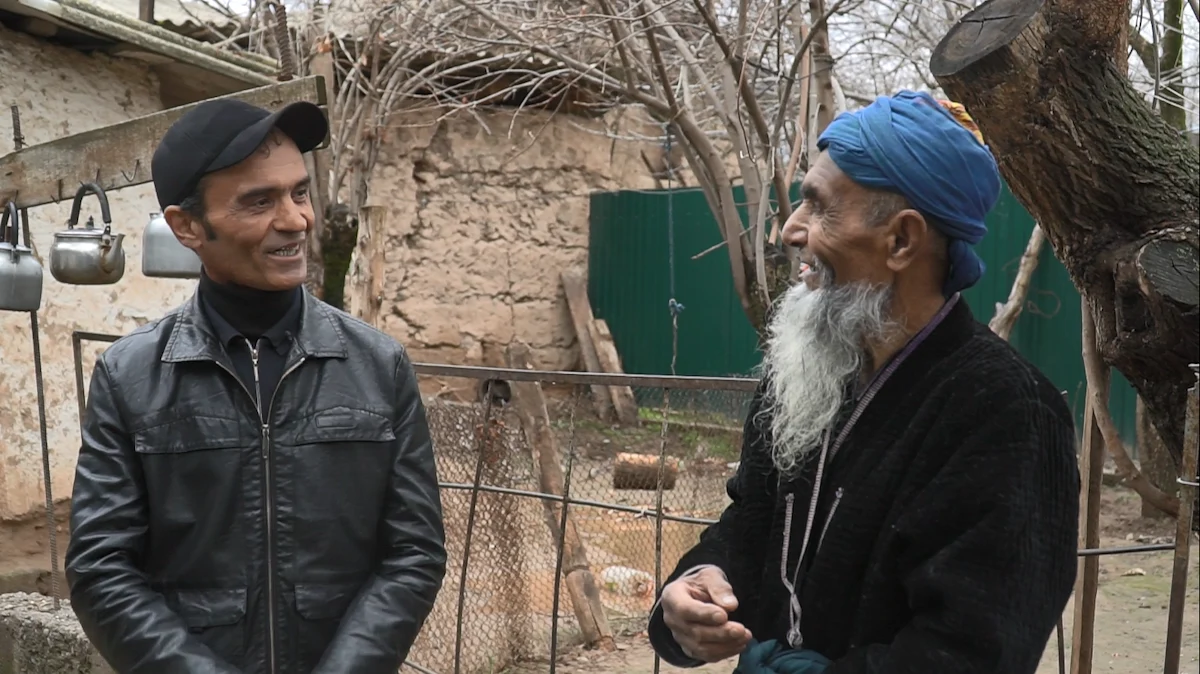
Supporting tuberculosis patients as they follow their treatment regimen is an integral part of Umarali’s daily routine.
As of June 2020, the USAID Tuberculosis Eradication Project in Central Asia conducted surveys of approximately 37,000 individuals from vulnerable and high-risk groups in Tajikistan, and more than 100,000 in Central Asia overall. These groups included contact persons, migrant workers, and people living with HIV. Additionally, 997 patients with drug-resistant tuberculosis in Tajikistan received social assistance through this initiative, which helped keep them motivated to continue treatment.

